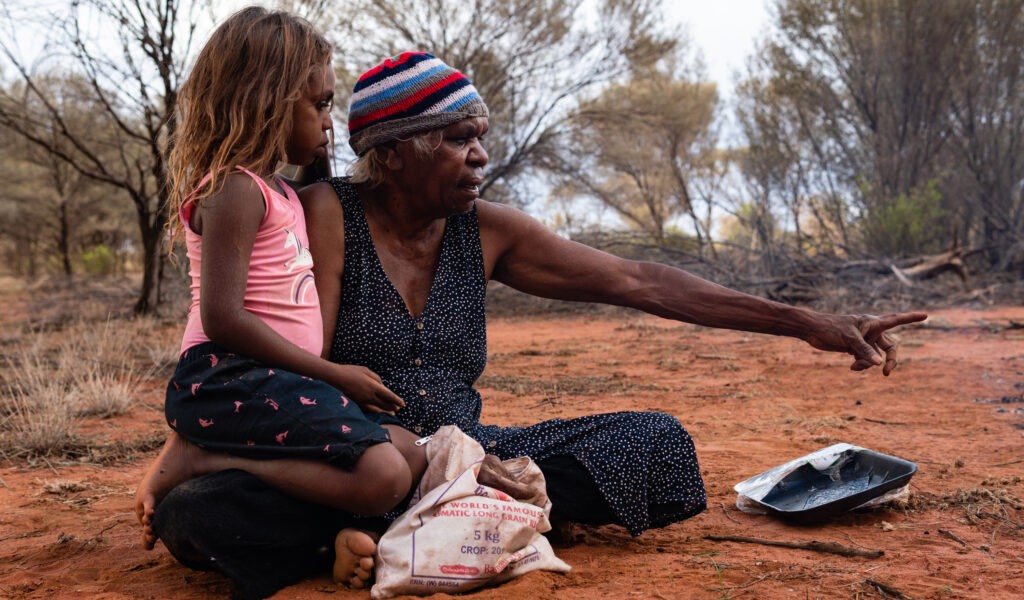In a groundbreaking initiative, a research project is set to deploy health workers in Indigenous communities across Queensland to examine the long-term well-being of Aboriginal and Torres Strait Islander families.
Spearheaded by researchers from The University of Queensland and Mater Research Institute, the project aims to identify and closely monitor 400 Indigenous families during pregnancy, with a focus on the health and well-being of participating mothers, fathers, and babies over a span of five years.
The project, under the guidance of Associate Professor Kym Rae from MRI-UQ, not only seeks to enhance the health of the participants but also delves into the critical health challenges confronting Aboriginal and Torres Strait Islander communities.

“Indigenous communities have a higher risk of chronic health conditions such as diabetes, heart disease and kidney disease – and babies face a higher risk of premature birth and low birth weight,” Dr Rae said.
“This project will enable early diagnoses, so participants can decide on appropriate healthcare interventions.
“We also want to uncover the drivers of long-term health for Indigenous Australians and what influences the development of disease, so the results can inform long-term policy changes to benefit communities across the country.”
Dr. Rae emphasised that the project is committed to collaborating with Indigenous organisations, health services, and patients to pinpoint research priorities.
“Indigenous communities can have limited access to GPs, midwives, Aboriginal health workers, allied health staff and paediatricians,” Dr Rae said.
“This initiative will allow families in need to access those healthcare services without going on lengthy waiting lists – which means better outcomes for children.”
Funded by a substantial $4.69 million grant from the National Health and Medical Research Council (NHMRC), the research project extends the legacy of the pilot Indigenous Queensland Family Cohort (IQFC) study initiated at Mater’s South Brisbane health campus.
This monumental effort is poised to be expanded to Indigenous communities in Rockhampton, Townsville, Cairns, and the Metro North Hospital and Health Service region.
This project will be closely aligned with similar projects in Victoria, Western Australia, and the Northern Territory.
The ultimate goal is to provide comprehensive national data that can inform the National Aboriginal and Torres Strait Islander Health Plan.
This ambitious undertaking signifies a significant step forward in understanding and addressing the health disparities faced by Indigenous communities in Queensland and, ultimately, across Australia.

